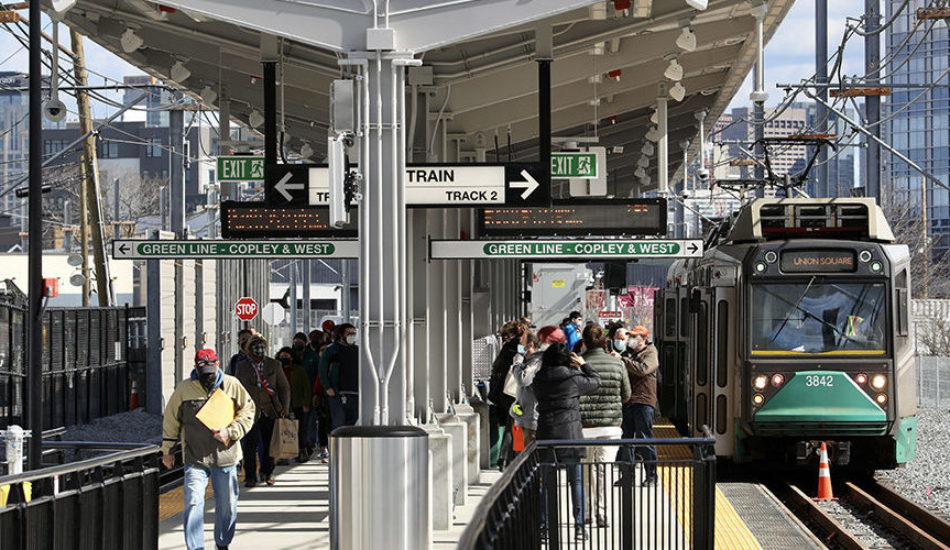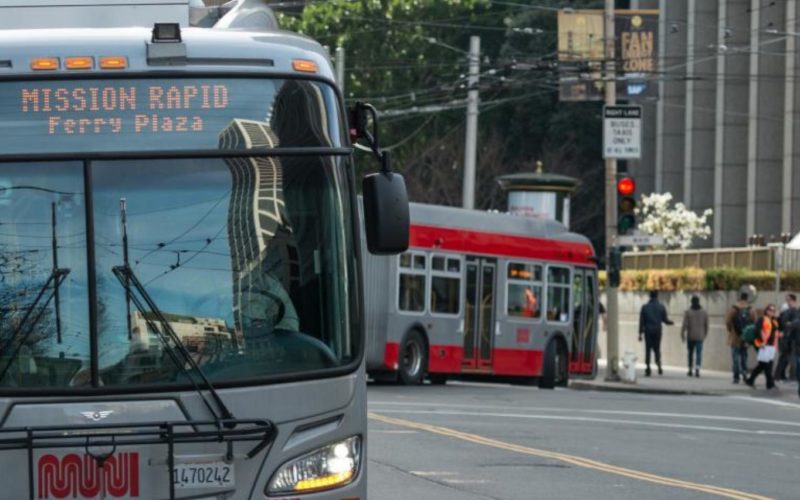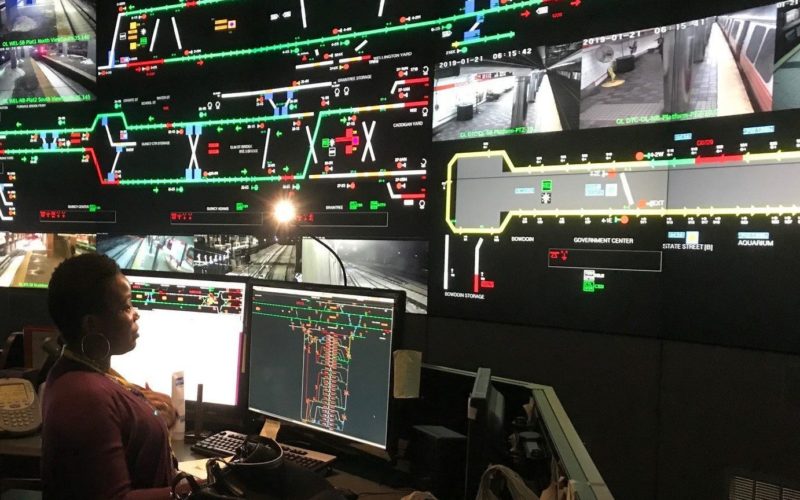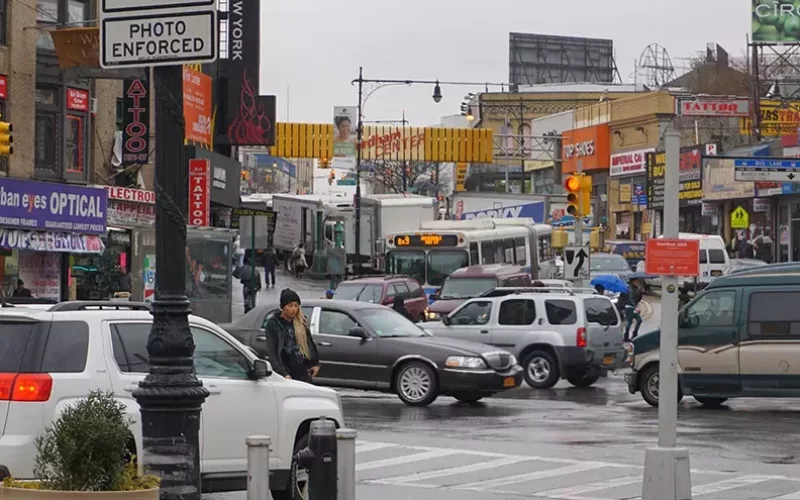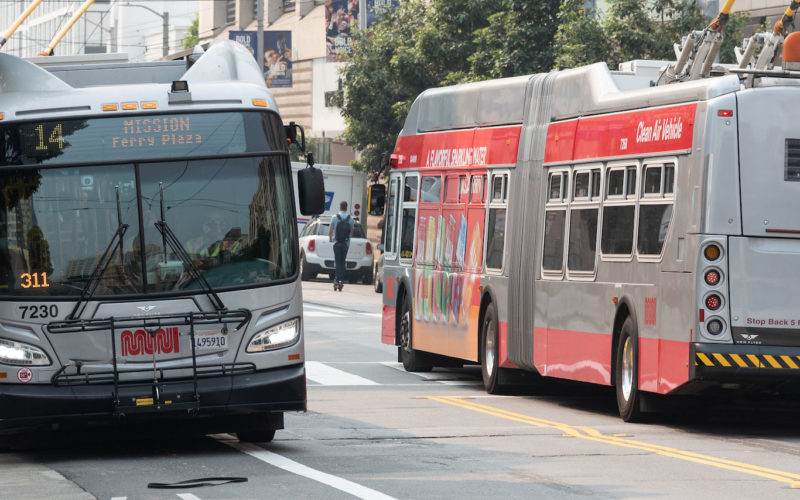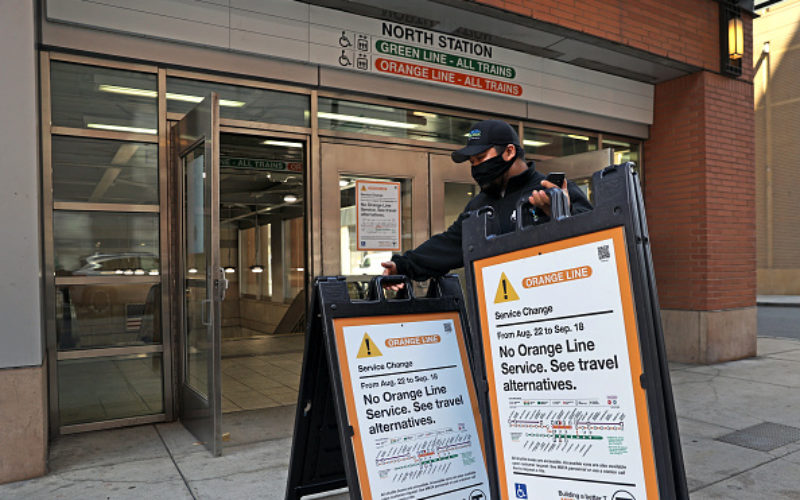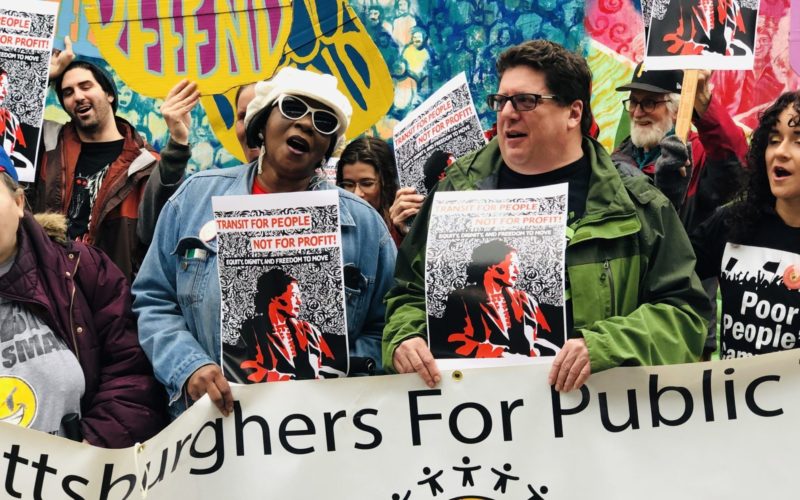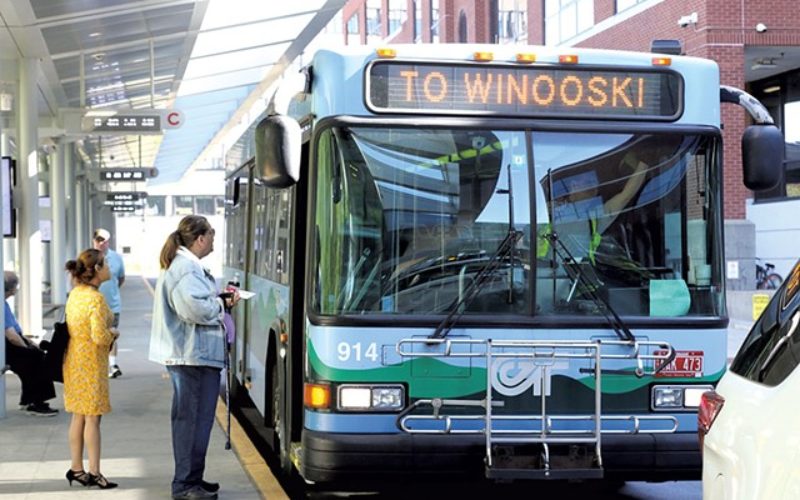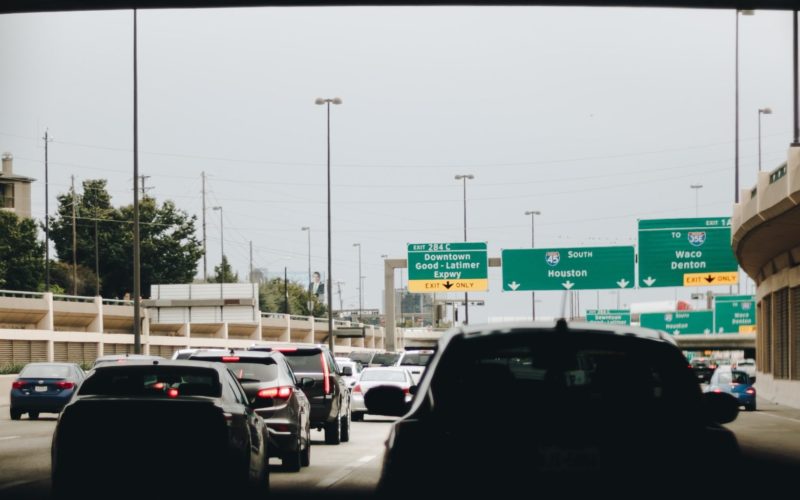Our Equity Dashboard evaluates how well Boston residents could access essential destinations like healthcare, jobs, and grocery stores via public transit from February 2020 through early August 2022.
Read MoreJobs in transit have the potential to make a big impact, but people will only stick around for so long if they constantly face roadblocks to getting things done.
Read MoreWe're excited to release the second issue of Subtext - a zine project aimed at creating space for women to share their stories and experiences of working in the transportation field in their own words, through the mediums that most resonate with them.
As 24/7 operations with an evergreen potential for emergencies, transit agencies have a built-in level of stress that is always on. But the transit workforce is at a breaking point because there hasn’t been enough slack built into systems.
Read MoreA four-part series on the challenges facing the transit industry’s central office workforce. By Laurel Paget-Seekins There are not enough...
Read MoreThe TransitCenter Equity Dashboard tracks how people can connect to services and amenities by public transit in seven U.S. cities....
Read MoreWe've recently updated our Transit Equity Dashboard with data points from March and August 2022, which show how schedule changes at transit agencies in response to historic worker shortfalls and “new normal” ridership patterns affected riders’ access to jobs, healthcare, grocery stores and more.
Read MoreTransitCenter’s 4th Annual Frequency Awards continues our annual tradition of recognizing transit agency staff, DOT staff, advocates, and elected officials who worked tirelessly to improve transit in 2022.
Read MoreIn a new report, we analyze the potential benefits of operating Metro-North and the Long Island Rail Road more like the subway within New York City’s boundaries, with affordable fares and more frequent service.
Read MoreA recent report from the National Cooperative Highway Research Program shines a light on which states flexing highway dollars to transit.
Read MoreThe FHWA's proposed Greenhouse Gas rule can help to prioritize more funding for transit and active transportation by requiring states and cities to set carbon emission reduction targets for transportation.
Read MoreWhat's behind the scary rise in "ghost buses" across the country, and what should transit agencies do about it?
Read More